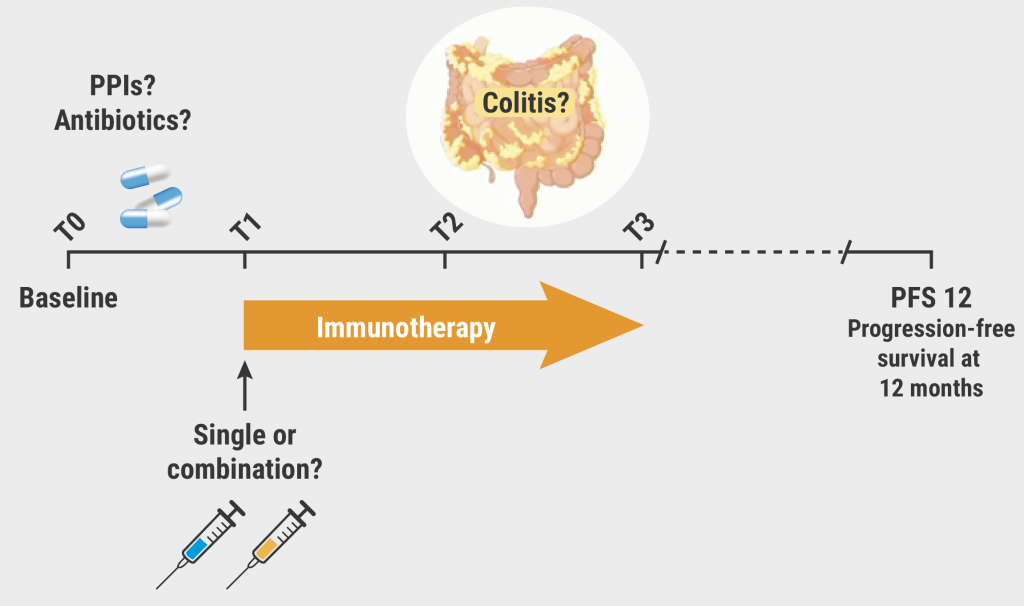"The total number of resected nodes is a significant determinant of improved survival following induction CRT in patients with either node negative or node positive disease," Dr. Nasser Altorki of Weill Cornell Medicine in New York and colleagues report in Annals of Surgery.
Patients with a higher number of resected lymph nodes had a higher overall survival rate, despite having more advanced pathological disease and higher number of resected positive lymph nodes, they found.
Using the National Cancer Database, the researchers studied the relationship between the extent of lymphadenectomy and survival in 14,503 patients with esophageal cancer who underwent esophagectomy following induction CRT.
In the multivariable analysis, the number of resected lymph nodes was associated with improved overall survival; the hazard ratio for every 10 nodes was 0.95 (95% confidence interval, 0.93 to 0.98).
The greatest survival benefit was observed with 20 resected nodes.
In a propensity-matched analysis with patients divided into two groups based on number of resected lymph nodes (<20 vs. 20+), patients in the 20+ group had a five-year overall survival of 41% versus 36% in the <20 group (P=0.002), despite having more-advanced pathological stages (Stage II-IV: 76% vs. 72%; P=0.003) and a higher number of positive nodes (0-2 vs. 0-1; P<0.001).
"Whether adequate lymph node dissection is of prognostic value only, or whether it provides an actual therapeutic benefit has been debated for years," Dr. Altorki and colleagues note in their paper.
"In the absence of randomized controlled trials, the propensity matching analysis done in the current study provides the best available evidence that support the prognostic and possible therapeutic value of extended lymph node dissection following CRT," they say.
While a minimum of 20 resected lymph nodes gave maximal survival benefit, "it is important to emphasize that this cutoff number is specific to the studied dataset and is expected to be different from a dataset to another. Therefore, our results point out the necessity of conducting future studies to externally validate our findings," the researchers add.
They also note that the study is limited "by the inherent biases associated with its retrospective nature as well as by the lack of detailed perioperative data that might have confounded the study findings such as the surgical approach and fields of lymph node dissection."
SOURCE: https://bit.ly/3AhU7nT Annals of Surgery, online September 1, 2021.
By Reuters Staff
Posted on
Previous Article
« WCLC 2021 Highlights Podcast Next Article
Poor representation in breast-cancer clinical trials tied to real-world harms »
« WCLC 2021 Highlights Podcast Next Article
Poor representation in breast-cancer clinical trials tied to real-world harms »
Related Articles

December 2, 2022
Immunotherapy response may be modulated by microbiome
© 2024 Medicom Medical Publishers. All rights reserved. Terms and Conditions | Privacy Policy

